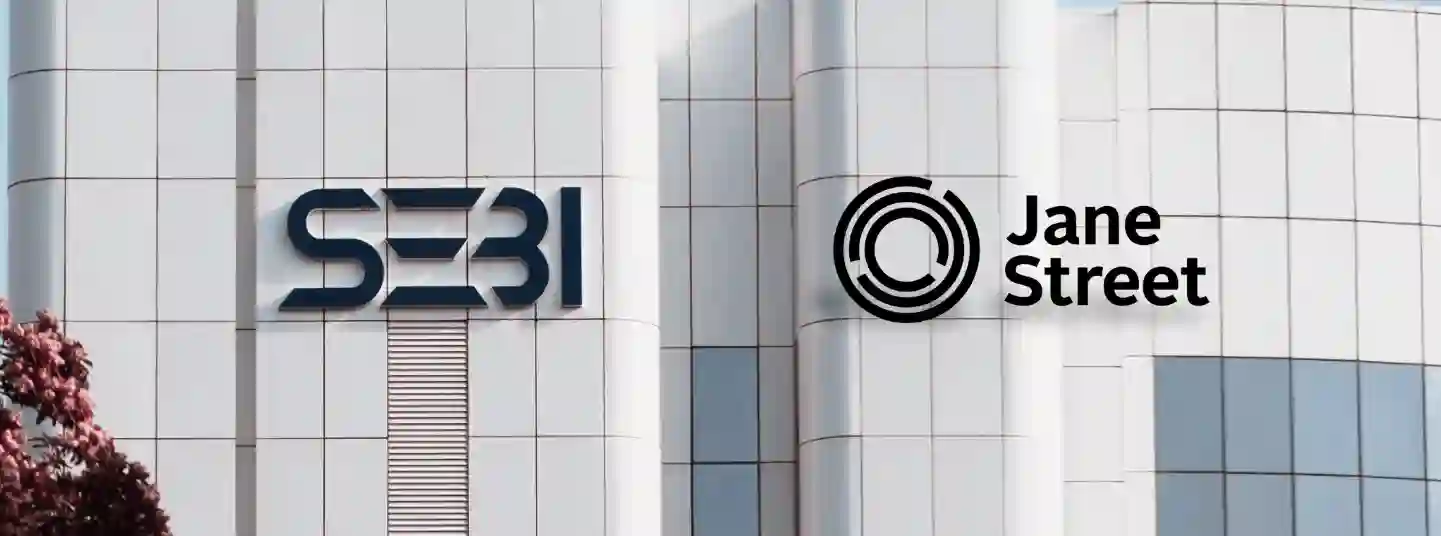US Trading Powerhouse Jane Street Faces Challenges in India

New York-based trading firm Jane Street is facing serious allegations from India’s market regulator, the Securities and Exchange Board of India (Sebi), which has imposed a ban on the company from participating in the Indian securities market. Sebi claims that Jane Street engaged in manipulative trading practices that misled small investors, causing them to trade at unfavorable prices. The firm has expressed disappointment over the ruling and intends to contest the decision.
Understanding Jane Street
Founded by a group of traders and technologists in a modest New York office, Jane Street has grown into a significant player in the global trading landscape. The firm specializes in quantitative trading, employing sophisticated mathematical models and algorithms to guide its trading strategies. With a workforce exceeding 3,000 employees, Jane Street operates across 45 countries and has made a substantial impact on the market, accounting for over 10% of North America’s equity trading volume in 2023. This prominence has positioned Jane Street as a key player on Wall Street, influencing trading dynamics in various asset classes.
Allegations Against Jane Street
Sebi has accused Jane Street of engaging in suspicious trading activities primarily involving India’s Bank Nifty index, which reflects the performance of 12 major Indian banks. The regulator asserts that Jane Street operated in both the cash and derivatives markets through different entities. Allegedly, one entity purchased large quantities of bank shares, artificially inflating the price of the Bank Nifty index at the market’s opening. Concurrently, another entity reportedly bet on a decline in the index’s value within the derivatives market. As the trading day neared its end, Jane Street allegedly sold the bank shares, causing the index price to plummet and profiting from the derivative bet. This practice, known as “marking the close,” is deemed illegal in the United States and has raised significant concerns about market integrity.
Sebi’s Findings and Statements
In its ruling, Sebi stated that Jane Street’s trading activities created a “false or misleading appearance of market activity,” which lured unsuspecting investors into trading at artificially inflated levels. The regulator emphasized that the integrity of the market and the trust of millions of small investors could not be compromised by the actions of what it termed an “untrustworthy actor.” On July 3, Sebi issued a lengthy order detailing its findings and underscoring the need for regulatory vigilance to protect retail investors from such manipulative practices.
Jane Street’s Response and Future Implications
Jane Street has denied the allegations, characterizing its trades as “basic index arbitrage,” which involves exploiting price differentials between cash and derivatives markets. The firm plans to challenge Sebi’s order, asserting that its trading practices are legitimate. Independent experts have weighed in, noting that while index arbitrage is legal, the specific actions attributed to Jane Street may not fit that definition. The ongoing situation raises broader concerns about regulatory oversight in India’s financial markets, particularly as nearly 10 million retail investors have suffered significant losses in recent years. As the case unfolds, Jane Street has deposited over $560 million in an escrow account, seeking to lift the temporary trading ban while facing potential fines that could triple the amount if found guilty of market manipulation.
Observer Voice is the one stop site for National, International news, Sports, Editor’s Choice, Art/culture contents, Quotes and much more. We also cover historical contents. Historical contents includes World History, Indian History, and what happened today. The website also covers Entertainment across the India and World.
Follow Us on Twitter, Instagram, Facebook, & LinkedIn

